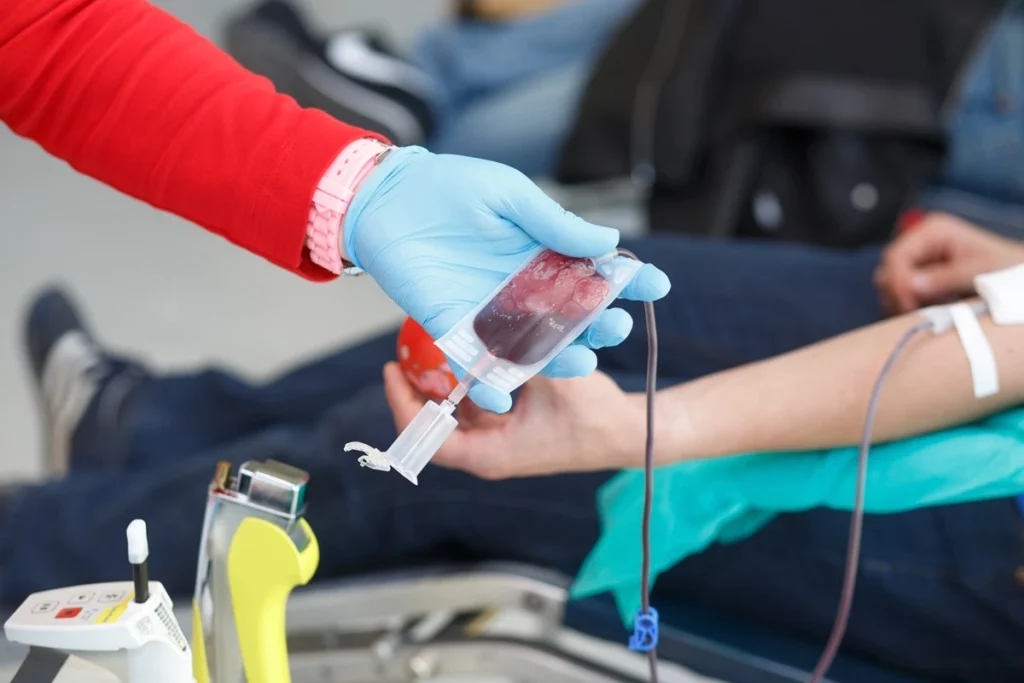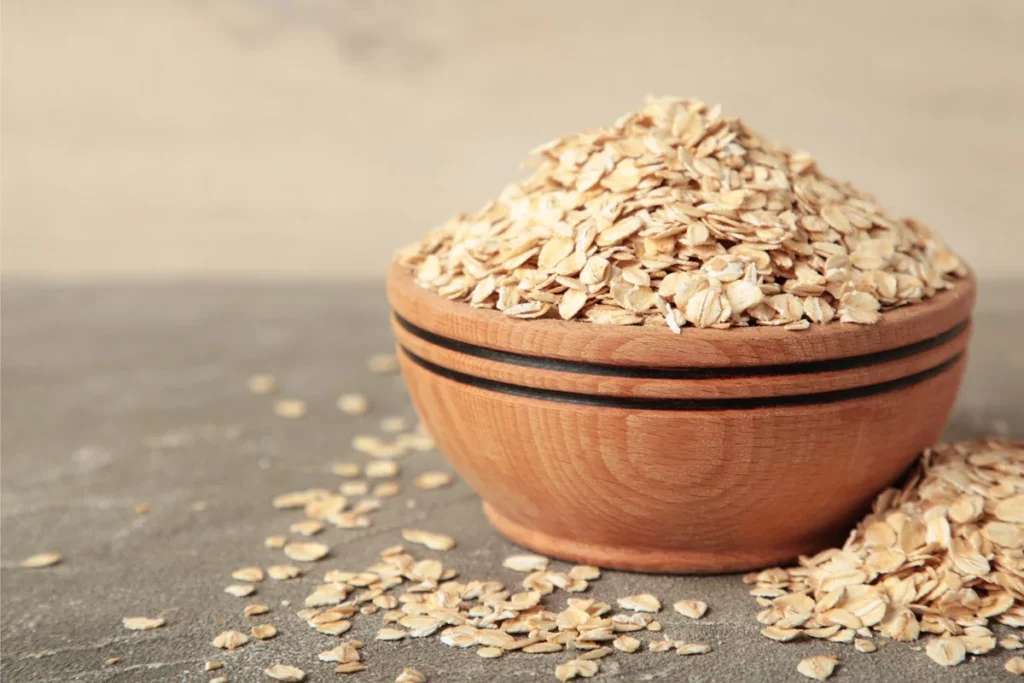Diabetes, a chronic health condition affecting millions worldwide, is often surrounded by misconceptions and unanswered questions. In this article, we’ll delve into the 10 common questions about diabetes, providing clarity and understanding.
Table of Contents
Question #1: What is Diabetes?
Diabetes is a chronic health condition characterized by elevated levels of blood sugar, or glucose, in the body. This happens when the body either doesn’t produce enough insulin, a hormone responsible for regulating blood sugar or when the body’s cells don’t respond effectively to insulin. Insulin is crucial for glucose absorption by cells, where it is used for energy.

There are two main types of diabetes: Type 1 and Type 2.
Type 1 Diabetes:
- Often diagnosed in childhood or adolescence.
- Results from the immune system mistakenly attacking and destroying insulin-producing cells in the pancreas.
- Requires lifelong insulin injections for blood sugar control.
Type 2 Diabetes:
- Typically, it develops in adulthood but is increasingly diagnosed in children and adolescents.
- Occurs when the body doesn’t use insulin properly or doesn’t produce enough.
- Can often be managed through lifestyle changes, such as diet, exercise, and medications.
Question #2: What are 10 Warning Signs of Diabetes?
Recognizing the warning signs of diabetes is crucial for early detection and effective management. Here are ten common signs that may indicate the presence of diabetes:
- Frequent Urination:Individuals with diabetes may experience an increased need to urinate, especially at night.
- Excessive Thirst: Intense or constant thirst, known as polydipsia, can be a symptom of diabetes as the body tries to compensate for fluid loss through frequent urination.
- Unexplained Weight Loss: Despite regular eating habits, sudden and unexplained weight loss can be a sign of diabetes, particularly in individuals with Type 1 diabetes.
- Increased Hunger: Diabetes can disrupt the body’s ability to utilize glucose for energy, leading to increased hunger even after eating.
- Blurred Vision: Fluctuations in blood sugar levels can affect the eye’s lens, causing blurred vision or difficulty focusing.
- Fatigue: Persistent fatigue or a general feeling of weakness can result from the body’s inability to use glucose for energy properly.
- Slow Healing of Wounds: Diabetes can impair the body’s ability to heal, leading to slow recovery from cuts, bruises, or infections.
- Tingling or Numbness: Peripheral neuropathy, characterized by tingling or numbness in the hands and feet, can indicate uncontrolled diabetes affecting the nervous system.
- Recurrent Infections: Individuals with diabetes may be more susceptible to infections like urinary tract infections, skin infections, or gum infections.
- Irritability and Mood Swings: Fluctuations in blood sugar levels can impact mood and lead to irritability, mood swings, or difficulty concentrating.
Question #3: Is Falling Asleep After Eating a Sign of Diabetes?

Feeling sleepy after a satisfying meal is common for many people, often attributed to the body’s natural digestive processes. However, persistent drowsiness after eating could be a potential sign of diabetes. In individuals with diabetes, the body may struggle to regulate blood sugar levels effectively.
When you consume food, primarily those rich in carbohydrates, the body converts it into glucose for energy. In diabetes, insufficient insulin or an inability of cells to respond to insulin can lead to erratic blood sugar levels, causing fatigue and a desire to sleep, particularly after meals.
This phenomenon is known as postprandial somnolence, and while it’s not exclusive to diabetes, it can be more pronounced in individuals with the condition. The body’s redirection of blood flow to aid in digestion may intensify this feeling of tiredness.
If you find yourself constantly experiencing excessive drowsiness, along with other potential symptoms of diabetes like increased thirst and frequent urination, it is advisable to consult with a healthcare professional. Early detection and proper diabetes management are crucial for overall health and well-being.
Question #4: Is Falling Asleep After Eating Sugar a Sign of Diabetes?

Falling asleep after consuming sugary foods alone may not necessarily be a direct sign of diabetes. However, it could be linked to fluctuations in blood sugar levels.
When you consume sugary items, the body rapidly converts them into glucose, leading to a spike in blood sugar. In response, the pancreas releases insulin to help cells absorb and use this glucose for energy.
For some individuals, especially those with diabetes or insulin resistance, this process can lead to a subsequent drop in blood sugar levels, causing fatigue and drowsiness.
While occasional sleepiness after consuming sugary foods is normal, persistent patterns of extreme tiredness, along with other diabetes symptoms like increased thirst, frequent urination, and unexplained weight loss, should not be ignored.
Question #5: Is Type 1 Diabetes Genetic?

Yes, Type 1 diabetes has a genetic component. While the exact cause of Type 1 diabetes is not fully understood, it is believed to result from a combination of genetic and environmental factors. Individuals with a family history of Type 1 diabetes have a higher risk of developing the condition.
In Type 1 diabetes, the immune system mistakenly attacks and destroys insulin-producing beta cells in the pancreas. Certain genetic factors may make individuals more susceptible to this autoimmune response.
However, these genetic factors don’t guarantee that an individual will develop Type 1 diabetes. Environmental triggers, such as viral infections, may also initiate the autoimmune process in genetically predisposed individuals.
It’s important to note that Type 1 diabetes is not solely determined by genetics, and not everyone with a family history of the condition will develop diabetes. The interplay of genetic and environmental factors in the development of Type 1 diabetes is an active area of research in the medical field.
Question #6: Can Diabetics Donate Plasma?

Yes, individuals with diabetes can typically donate plasma, but there are certain considerations and guidelines they should be aware of. Eligibility to donate plasma to individuals with diabetes often depends on the overall control of their condition and adherence to specific criteria set by donation centers.
Here are some general guidelines:
- Blood Sugar Control: Donation centers may assess whether an individual’s diabetes is well-controlled.
- Medication Usage: Donors are usually required to provide information about their medications.
- General Health: Overall health is a crucial factor. Donors, including those with diabetes, should be in good health.
- Hemoglobin A1c Levels: Some donation centers may assess the donor’s long-term blood sugar control by measuring Hemoglobin A1c levels.
Before planning to donate plasma, individuals with diabetes should communicate openly with the donation center staff, providing details about their medical history, current health status, and any medications they are taking. It’s important to follow the specific guidelines of the donation center, as they may vary.
Question #7: Is Sea Moss Good For Diabetics?

Sea moss, also known as Irish moss or Chondrus crispus, is a type of red algae that has gained popularity for its potential health benefits. While sea moss is nutrient-dense and contains various vitamins and minerals, its impact on diabetes requires careful consideration.
Sea moss is a good source of fiber, which can contribute to better blood sugar control. Fiber slows down the digestion and absorption of carbohydrates, preventing rapid spikes in blood sugar levels. Additionally, sea moss contains vitamins and minerals that can benefit overall health.
However, individuals with diabetes should approach the consumption of sea moss with caution. Sea moss doesn’t directly lower blood sugar, and its effectiveness in diabetes management is not well-established through scientific research. Furthermore, individual responses to sea moss may vary.
Question #8: Is Watermelon Good For Diabetes?

Watermelon, known for its refreshing taste and high water content, is generally considered safe for individuals with diabetes when consumed in moderation.
While watermelon contains natural sugars, including fructose, it also provides essential nutrients like vitamins A and C. The glycemic index (GI) of watermelon is relatively low, meaning it gradually impacts blood sugar levels.
However, portion control is key, as consuming large quantities of any fruit, including watermelon, may increase blood sugar. Individuals with diabetes should monitor their overall carbohydrate intake and incorporate watermelon into a well-balanced diet.
Question #9: Is Oatmeal Good For Diabetics?

Oatmeal is generally considered a nutritious and suitable option for individuals with diabetes. Its high fiber content, specifically beta-glucans, can benefit blood sugar control.
Fiber slows down the digestion and absorption of carbohydrates, leading to a gradual rise in blood sugar levels rather than a rapid spike. This helps in maintaining more stable glucose levels after a meal.
Oats also have a lower glycemic index (GI) compared to many other grains, indicating a slower impact on blood sugar. Additionally, oatmeal contains various vitamins, minerals, and antioxidants, contributing to overall health.
Question #10: What Does Diabetic Poop Smell Like?
Various factors, including diet, gut microbiota, and individual health conditions, can influence the smell of stool. In diabetes, particularly if blood sugar levels are poorly controlled, there can be changes in bowel habits that might impact the odor of stool.
High blood sugar levels can lead to malabsorption issues, where the body may struggle to absorb nutrients properly. This can result in changes in the composition of stool, potentially leading to a stronger or different odor.
Additionally, if diabetes is accompanied by gastrointestinal issues or complications, such as gastroparesis (delayed stomach emptying), it may further affect the smell and consistency of stool.
However, it’s crucial to note that stool odor can vary widely among individuals and is influenced by many factors beyond diabetes.




